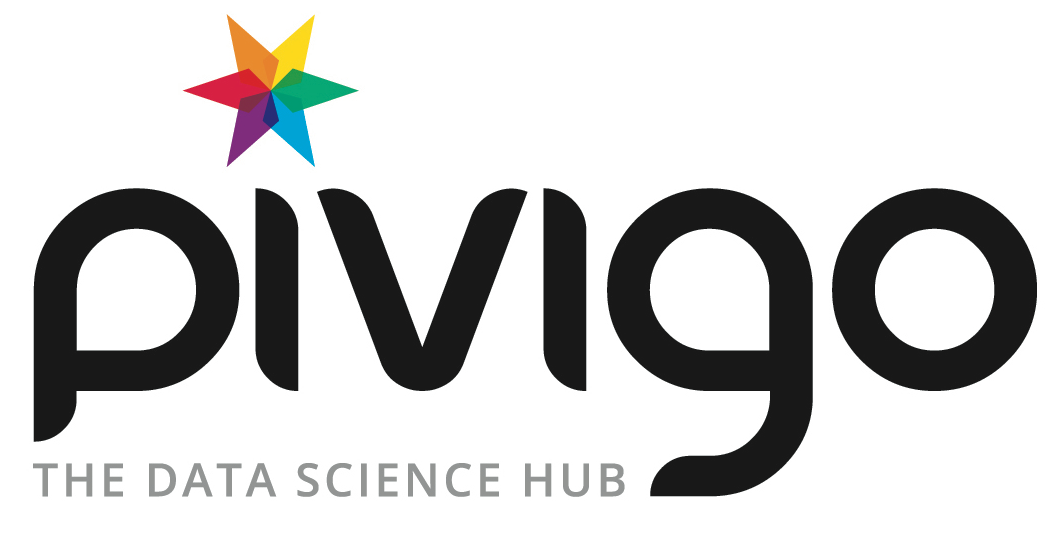Saturday 10:50 a.m.–11:30 a.m.
Using the SALib Library for Conducting Sensitivity Analyses of Models
Will Usher
- Audience level:
- Intermediate
Description
Sensitivity analysis should be a central part of the model development process, yet software to actually perform the best-practice approaches are seldom available. In this talk, I'll first justify the importance of sensitivity analysis, give an step-by-step example of how to use SALib and outline the advantages.
Abstract
SALib is an open source Python library for conducting sensitivity analyses released under an MIT license.
In this talk, I'll first justify the importance of sensitivity analysis, give an step-by-step example of how to use the library, and outline the advantages of using SALib.
We've packaged variance-based, elementary effects, and derivative based approaches such as:
- Sobol Sensitivity Analysis
- Method of Morris, including groups and optimal trajectories
- Fourier Amplitude Sensitivity Test (FAST)
- Delta Moment-Independent Measure
- Derivative-based Global Sensitivity Measure (DGSM)
The library is slowly gaining acceptance across academia as a package of powerful tools from the literature to help identify key model inputs.
Sensitivity analysis should be a central part of the model development process, yet software to actually perform the best-practice approaches are seldom available. As such, sensitivity analyses are often tagged on at the last minute to a piece of work, and seldom are the most effective techniques used. SALib solves all of this, by providing a simple API, accessible from the command prompt or within python, to a range of methods for coupled sample generation & analysis.
The library has been written so as to be independent from the model being analysed by the library. It is written in a functional style, to maintain clarity, using numpy almost throughout. While none of the techniques are particularly computationally intensive, this is one of the only open-source libraries which collect these techniques into one cohesive library. As different approaches are applicable for different kinds of models and types of data, the harmonised API allows users to switch between the different techniques with ease.
Documentation is currently at a very early stage, with just a basic and advanced readme available. However, there are use examples for each of the methods and test functions to see the library in action.
Testing coverage is relatively good, particularly for the Morris Method.
We've recently released version v0.5 with an MIT license.
www.github.com/jdherman/SALib








